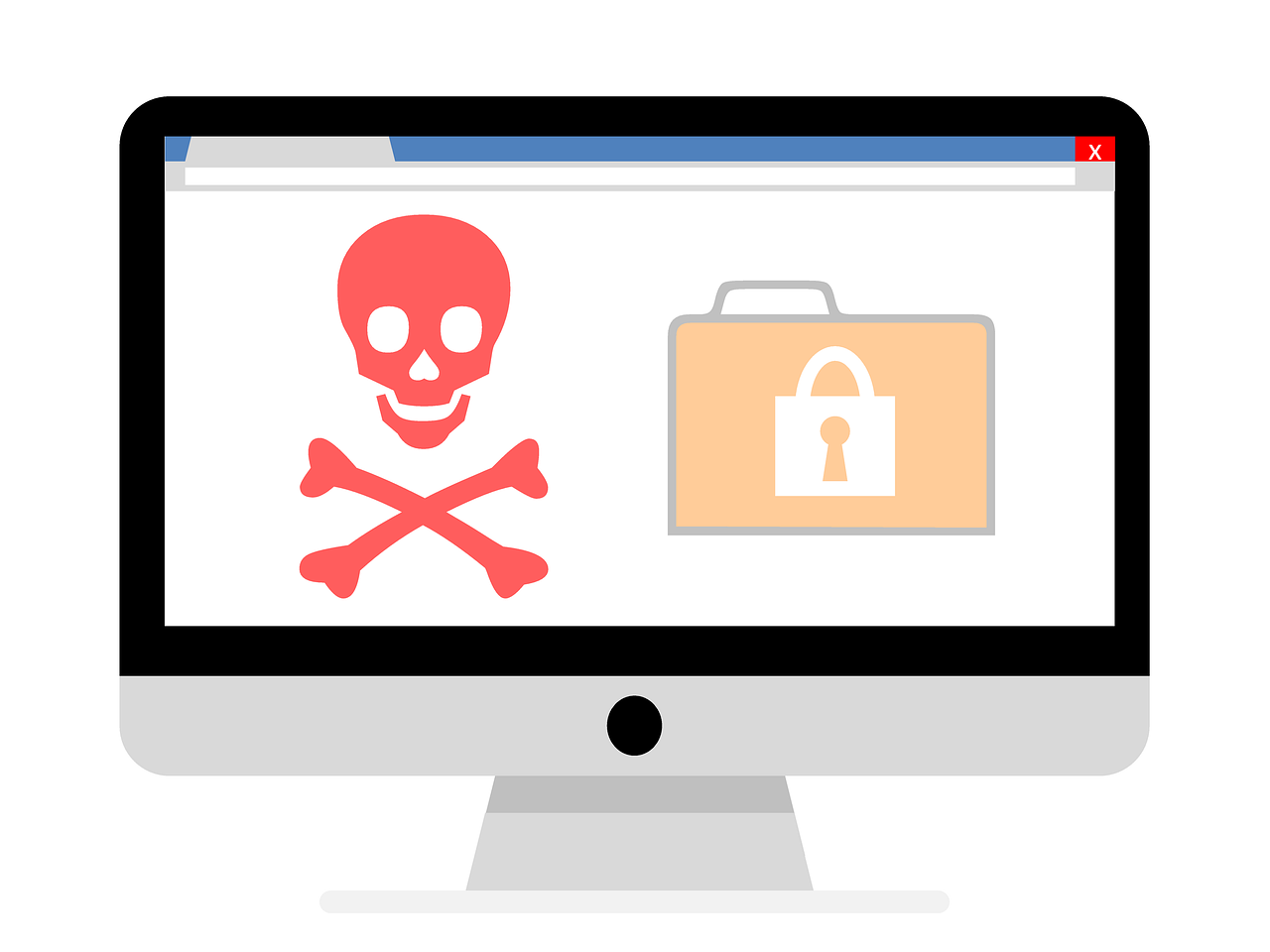
Mac users often get mixed information on whether their devices are vulnerable to malware. Mac owners swear that Macs have immunity from cyber threats. Apple has for years; insisted Macs could not get viruses. This is true to a certain extent. Because iOS has more security than the Windows OS does, but still vulnerable to malware. Macs are not as common as Windows, but hackers always find ways of getting into the system. Do not listen to wrong advice that you should not take precautions for your Mac.
It is always better to be safer than sorry. A Mac does not come cheap, and although you cannot equate your data with a device, you are still safer with protection. Just because you got by for years without protection is sheer luck. So, one of the precautions you should consider taking is masking your identity, location, and browsing activity by using a secured connection over the internet with the help of a genuine VPN.
Known Mac Malware Incidents

In the past few years, cyber threats targeting the Mac OS have gone up. Some examples of previous Mac virus infections include:
- Flashback malware: In April 2012, it infected more than 600,000 Macs. The virus stole Mac users’ personal information, such as login credentials.
- OSX/Kit M.A virus: In 2013, this infected a small percentage of Mac computers and took screenshots of the users’ desktops, then uploaded them to different websites.
- PROTON: In 2017, this virus affected thousands of Macs and stole the users’ credentials by gaining access to the macOS Keychain app.
- OSX/MaMi: In January 2018, this virus infected thousands of Mac computers. The virus allowed the hacker to snoop or see the users’ internet traffic.
Why You Should Get A VPN for Your Mac
Owning a Mac does not exempt you from malware attacks. The safest thing about owning a Mac is that the attacks are fewer. As more people own Macs, the need to stay protected is critical. A Virtual Private Network (VPN) creates a secure channel between a device and the internet. As a Mac user, you can install a VPN to protect you from malware and hide your IP address from snoopers. The VPN also masks your identity and location, making it hard for snoopers to intercept your traffic. Protecting your location is essential, especially if you travel a lot to countries with internet censorship. The VPN allows you to bypass the restriction and browse as if you were in your home country. Unsecured Wi-Fi connections are hazardous. Hackers lie in wait and attack those devices that have no protection.
Mac OS has inbuilt support used for connecting to a VPN. If you want your Mac to connect reconnect to the VPN, you need a third-party app. You can download VPN for Mac by:
- On your Mac computer, select the Apple menu, then System Preferences and click on Network
- Select the VPN service, such as Express VPN in the list on your left.
- If a configuration menu pops up, click on it and select a configuration
- Select Connect
Read more: Importance of Using a VPN on Your Android Device
Critical Features to look out for from a VPN for Mac
- The VPN carries OpenVPN, which is a VPN protocol that provides the best performance and security.
- Advanced Leak Protection to ensure your security and privacy stay secure under any conditions.
- No log policy. Only go for VPNs that takes your privacy seriously
Conclusion
To most Mac owners, the Mac OS is the Superman of all systems. They erroneously assume it is immune to viruses. While the Mac OS has better protection than most systems, it does not mean immunity from malware, as evident in the previous cases of infections. A VPN adds extra security and encryption in case the network drops. A VPN will save you from malware, phishing, and man-in-the-middle attacks, which happen when you log into free Wi-Fi connections in coffee shops, schools, or airports.
You might also like:












